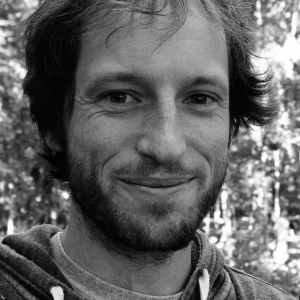Welcome to the page of Dr. Tim Christian Kietzmann. I am a PostDoctoral Researcher at the Institute of Cognitive Science, University of Osnabrück. I investigate principles of cognitive information processing using tools from machine learning and pattern recognition, applied to neuroimaging data recorded at high temporal (EEG/MEG) and spatial (fMRI) resolution. I completed my PhD under joint supervision of Professor Peter König (Institute of Cognitive Science, University of Osnabrueck), and Professor Frank Tong (Vanderbilt Vision Research Center, Vanderbilt University). Feel free to contact me with any questions or paper requests.

Research Interests
My main research focus is on information processing in the brain. I am particularly interested in understanding the cortical mechanism underlying invariant object- and face-recognition. Questions I ask include: What are the basic computational and representational properties at the different stages of processing? What temporal dynamics govern visual processing and how does experience affect them? What is the role of overt visual attention in visual perception? To find answers to these questions, I use neuroimaging methods (fMRI, as well as EEG/MEG) in combination with machine learning and pattern recognition techniques, psychophysics and computational modeling.


